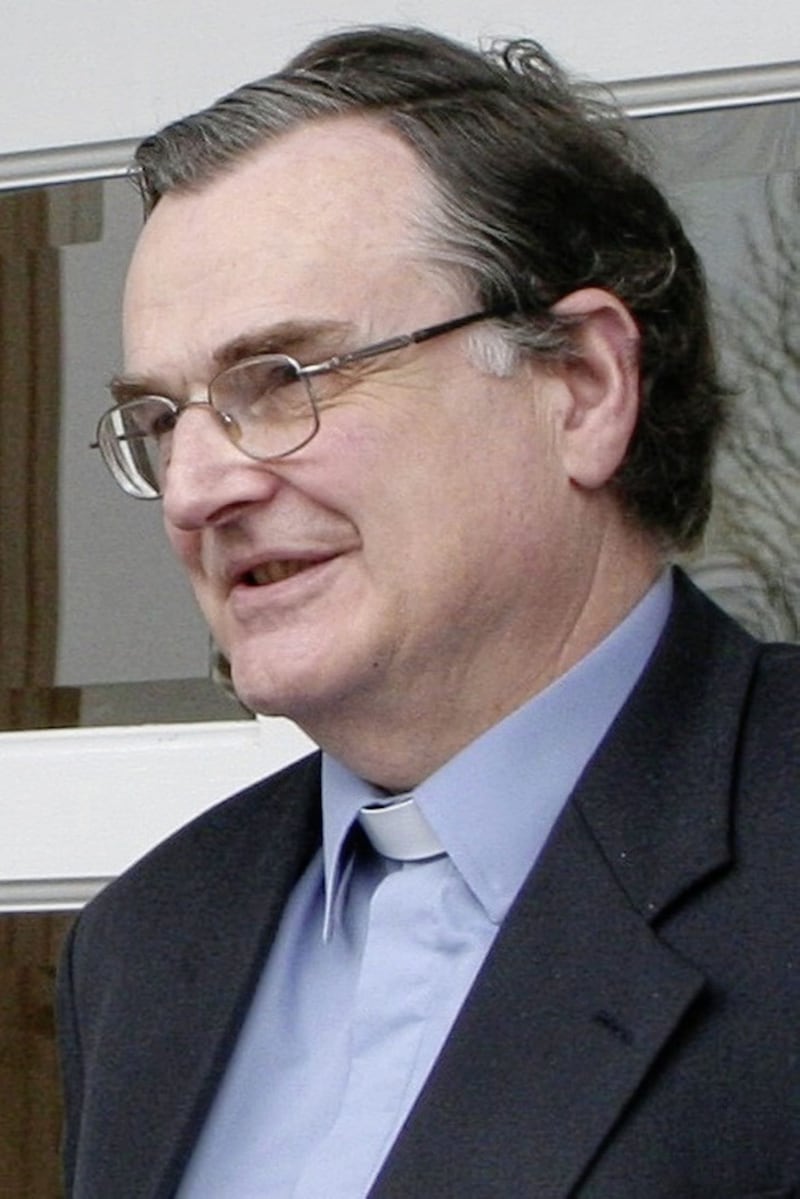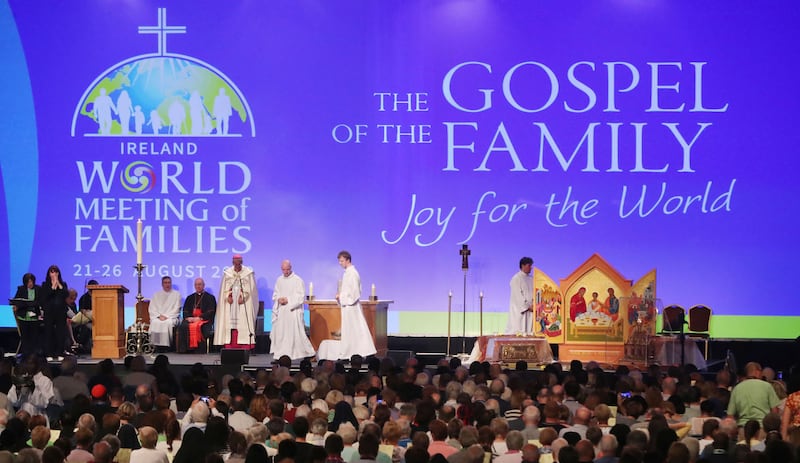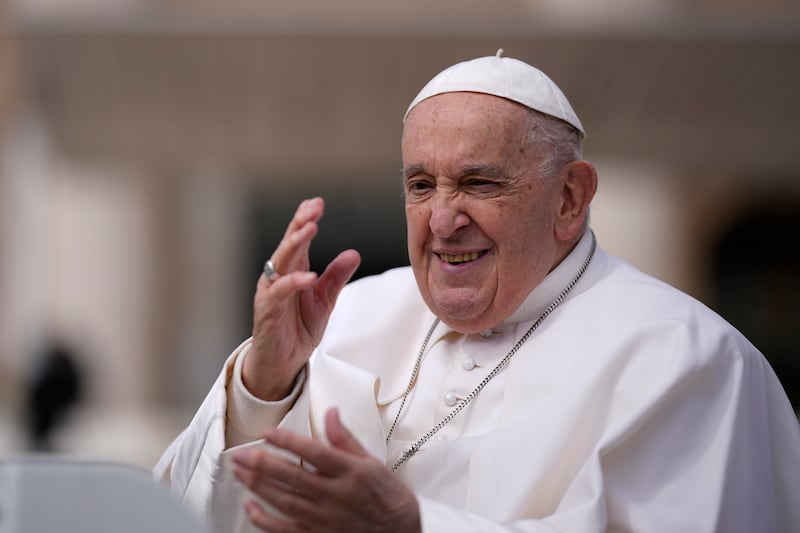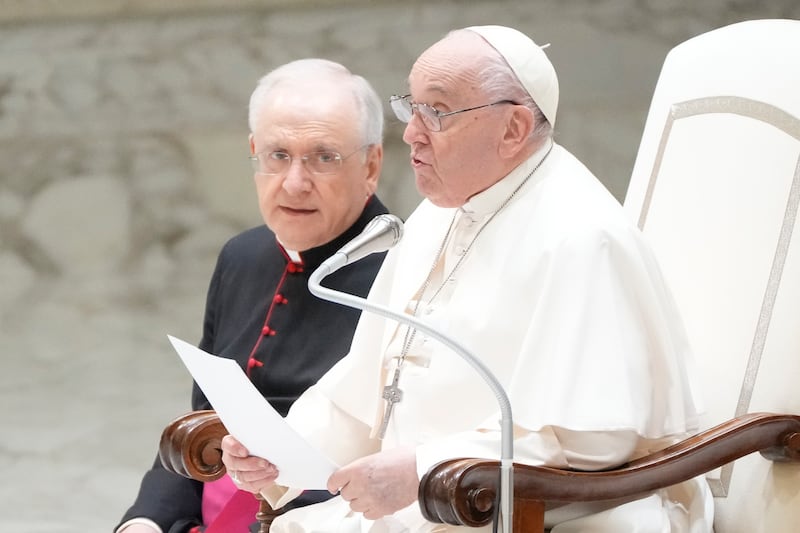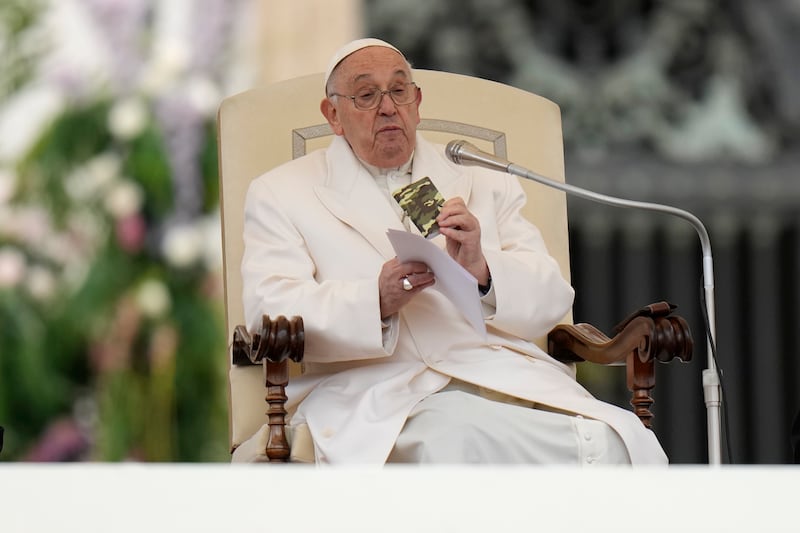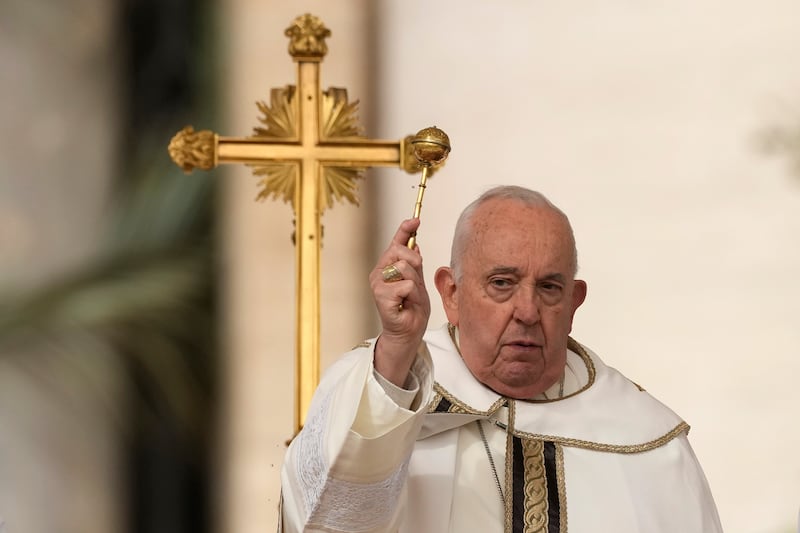THE Roman Catholic Church's World Meeting of Families clearly is addressing many issues that are also of concern to Christians of other denominations.
Quite possibly, the first question that enters one's mind when the subject of 'the family' is raised is just what is meant by the term.
The family comes in different manifestations. Without necessarily being exhaustive of these, there is the 'nuclear' family of father, mother and child or children - biological or adopted - living together; the 'reconstituted' family, also known as the 'step-family', in which only one of the adults is the biological parent, or both adults are parents of different children; the 'single-parent' family, and the 'extended' family, both of which are more or less self-explanatory terms; there are families in which the couple are both of the same sex, perhaps in a civil partnership or marriage; and there are families in which the parents are unmarried.
Terms can be debated, no doubt, but the point here is that there are in fact considerably differing configurations of family in our society.
The basic text for the World Meeting of Families is Pope Francis's Apostolic Exhortation, Amoris Laetitia: The Joy of Love, which followed the 2014 and 2015 synodical meetings on the subject.
In it, Pope Francis recognises this diverse nature of family structure: "The Synod's reflections show us that there is no stereotype of the ideal family, but rather a challenging mosaic made up of many different realities, with all their joys, hopes and problems."

A striking feature of Amoris Laetitia is its blending of traditional Christian values with not only an acknowledgment of the different forms of family life but, further than that, a reaching out with non-judgmental understanding to all.
However, can the church really respect family life that goes against its own basic teachings, such as on marriage itself? A key theme of Amoris Laetitia is relevant in this regard. It is the theme of 'discernment'
Francis writes that "while clearly stating the Church's teaching, pastors are to avoid judgments that do not take into account the complexity of various situations".
The Pope is writing in the context of church life in which many different shades of opinion are to be found and is trying, as any bishop must, to hold people together while trying to lead them spiritually.
However, can the church really respect family life that goes against its own basic teachings, such as on marriage itself?
A key theme of Amoris Laetitia is relevant in this regard. It is the theme of 'discernment'.
Here there is the call to listen with patience to the deep emotions in stories of love and boundless caring and, with certain caveats, to respect conscientious living even if it does not accord with dogma.
Francis writes: "It is true that general rules set forth a good which can never be disregarded or neglected, but in their formulation they cannot provide absolutely for all particular situations."
Thus, the general rule must only be applied with due regard to particular circumstances and mitigating factors.
Indeed, mitigating factors are of great significance in terms of temporal judgments; it is difficult to see how it cannot be the same with spiritual judgments, especially when one considers how a key attribute of God is justice itself.
The theme of discernment, together with the related themes of justice and mercy, all have strong biblical resonances that require one to recoil, as Francis does, from 'knee-jerk' judgmentalism.
So, Francis, in a striking formulation, refers to the sincere exercise of conscience in terms of a decision being "the most generous response which can be given to God".
Finally, with regard to the issue of the divorced and civilly remarried, Francis recalls a remarkable statement in the 2015 report of the Synod of Bishops, where it affirms from the bishops' perspective that such couples "need to feel not as excommunicated members of the Church, but instead as living members, able to live and grow in the Church and experience her as a mother who welcomes them always".
The determination with which Francis has proceeded in his teaching ministry and the movement of thinking that is encapsulated in Amoris Laetitia point to a pontificate that is characteristically, but carefully, reforming.
- Canon Ian Ellis is rector of Newcastle, Co. Down and was editor of The Church of Ireland Gazette from 2001 until last year.
